South Sudan
Floods in South Sudan have affected nearly 909,000 people, more than double the number who were affected in September, according to an estimate released by the United Nations on Tuesday.
The world's youngest country, plagued by politico-ethnic violence and chronic instability since its independence from Sudan in 2011, South Sudan is experiencing floods for the fourth consecutive year, and they are now affecting nine of its 10 states, the U.N. Office for the Coordination of Humanitarian Affairs (OCHA) said in a situation note.
According to available information, "these floods have killed livestock and destroyed crops, washed away roads and bridges, destroyed homes, schools and health facilities, and submerged boreholes and latrines, contaminating springs and posing risks of waterborne diseases," OCHA wrote.
In Unity State (north), one of the most affected areas, rising waters caused dykes to breach in two locations on Sunday, threatening two camps for displaced people and a UN Mission in South Sudan (UNMISS) base with flooding, OCHA said.
In Bahr el-Ghazal (western state), torrential rains caused the collapse of a key bridge, cutting off the delivery of emergency aid to already hard-pressed populations, the note added.
In its previous situation note, OCHA estimated that some 386,000 people were affected by the floods in seven states of the country.
According to the World Bank, 80% of South Sudan's 11 million people were living in "extreme poverty" in 2018.



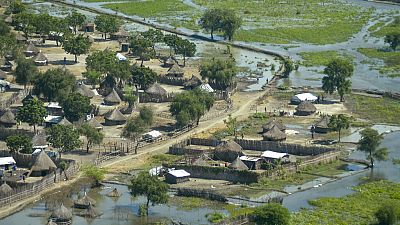

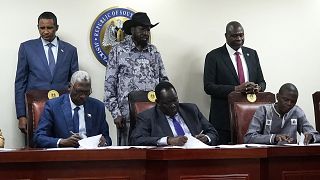
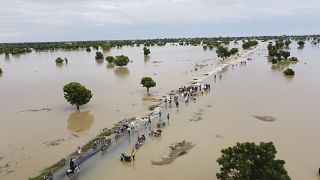
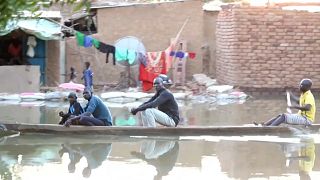
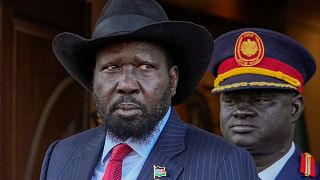
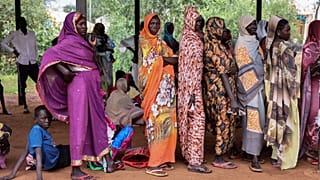
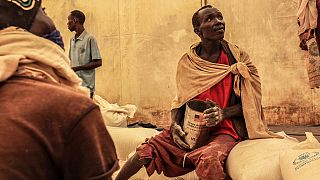
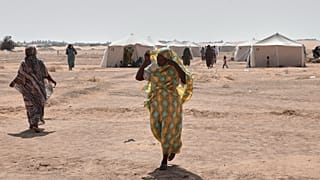

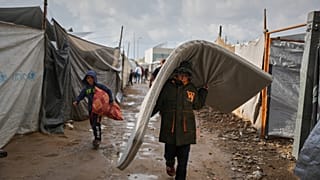
Go to video
Nigeria dumps mother-tongue education - just as Ghana embraces it. Who’s it right?
Go to video
Africa’s growing influence at the Grammys
Go to video
Nigeria scraps planned 15% import duty on petrol and diesel
Go to video
Africa hosts G20 for the first time: what the summit means for global influence
00:47
Six people die in a stampede during military recruitment in Ghana
Go to video
Nigeria, US and UK probe $235m cocaine seizure at Lagos port